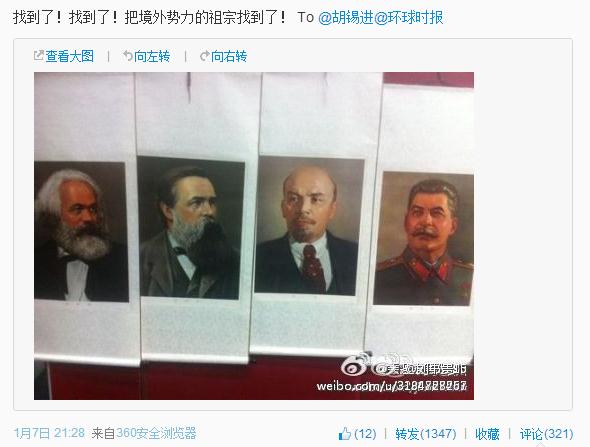Word of the Week comes from the Grass-Mud Horse Lexicon, a glossary of terms created by Chinese netizens and encountered in online political discussions. These are the words of China’s online “resistance discourse,” used to mock and subvert the official language around censorship and political correctness.
境外(敌对)势力 (jìngwài (díduì) shìli): foreign (hostile) forces
Catch-all scapegoat for any thought or action that does not conform with Chinese Communist Party (CCP) doctrine. The central government has blamed “foreign forces,” sometimes called “foreign hostile forces,” for orchestrating the 1989 protests, stoking the Hong Kong protests of 2014, and causing “ideological problems” at the Chinese Academy of Social Sciences.
Netizens have co-opted “foreign forces” to satirize the Chinese state’s relationship with foreign countries. And when homegrown movements arise, like the Southern Weekly protests of 2013, Internet users will remark onhow “busy” the foreign forces must be [Chinese].
Example:
蔡哥04: The APEC summit makes one thing clear: the higher-ups use the so-called “foreign hostile forces” as special-order enemies to push shitizens around, but then see them as sugar daddies [for themselves]. (November 5, 2014)
APEC会议使我们看清一件事:所谓的“境外敌对势力”是上层给屁民们定制的特供敌人,而上层则视“境外敌对势力”为干爹。 [Chinese]










